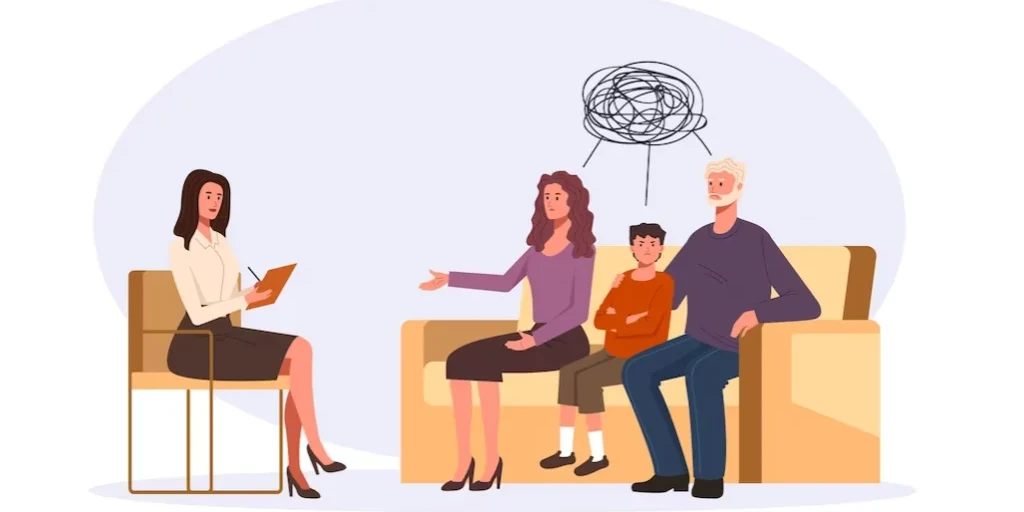24/7 Helpline:
(866) 899-221924/7 Helpline:
(866) 899-2219
Learn more about Prescription drug Rehab centers in Otterbein
Prescription drug Rehab in Other Cities

Other Insurance Options

Ambetter

Meritain

WellCare Health Plans

BlueShield

Group Health Incorporated

CareFirst

Sliding scale payment assistance

Optum

Magellan Health

Oxford

Excellus

United Health Care

BlueCross

Medical Mutual of Ohio

Optima

CareSource

Choice Care Network

American Behavioral

Ceridian

Self-pay options
















Wabash Valley Alliance
Wabash Valley Alliance's mission is to provide quality behavioral health and addictions care based o...








